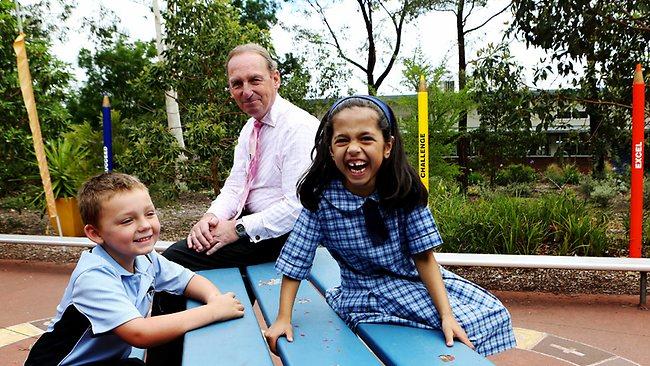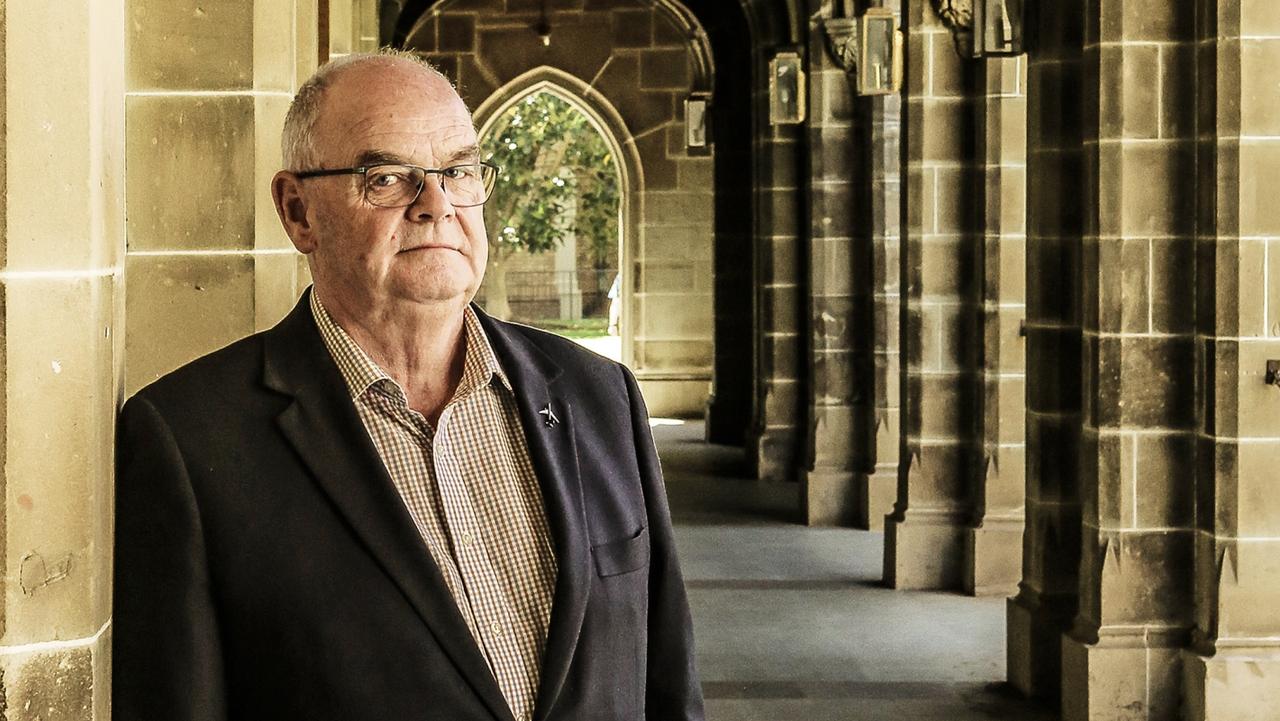Kids the winners, reform trial shows
THE Gonski funding model has freed up teachers, allowed the hiring of new support staff and specifically targeted students who were being overlooked.

THE Gonski funding model has freed up teachers, allowed the hiring of new support staff and specifically targeted students who were being overlooked, according to the principal of a western Sydney public school that has trialled the scheme.
Barnier Public School principal Rob Gibbs has been testing the new regime since June, as NSW was the first state to sign up to the agreement, which philosophically mirrored popular reforms already under way in the state.
"This is as much about the mindset as it is about the money," he said. "It's about doing things differently. In this scheme I've decided to focus on three groups of kids, including those with learning difficulties, the kids in the middle who often get overlooked and the highly gifted students who also tend to get left out."
While the Gonski deal included new funding, the key difference between it and the former socioeconomic status model was the way funding was allocated: to students rather than to schools.
Mr Gibbs said even though there was little new money coming in next year - Gonski funding was clumped towards the back end of the six-year agreements - he was confident the new approach was worthwhile.
"The changes we've made across the school have impacted in a way that surprised even us," he said.
"We've hired an occupational therapist and a speech pathologist to work with the children and I've also been able to take some assistant principals out of the classroom and have them work on building learning capacity. I think the most important thing is that the student always has the funding with them and it locks that in. The old model was less flexible and it changed. Funding under this model is an equity approach."
He said the school, which has 815 students, had also brought in more support for teachers, which allowed them to work together more often for their students.
NSW Secondary Principals Council president Lila Mularczyk said the key issue at stake was the "student focus" of the money. "I think it is appalling that we who trusted the pre-election promises are now faced with uncertainty, particularly for those kids who most need it," she said.
"When Pyne starts to play with this model of funding, he is playing with the absolute basis of equity funding . . . he's manipulating the essence of the system.
"The recommendations are solely based on the needs of a student, regardless of the school or education jurisdiction in which they are being taught."


